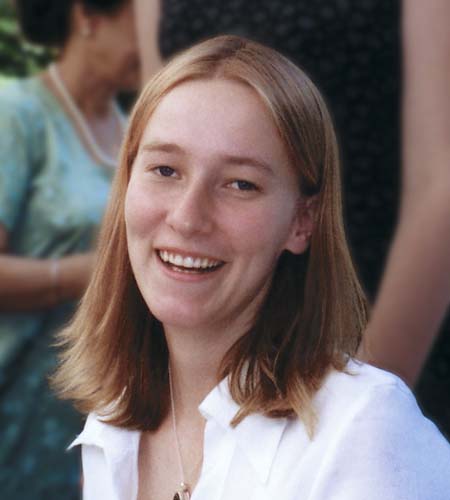Tag: Rachel Corrie trial
-
Guardian: Rachel Corrie’s family claim Israeli military withheld vital video evidence
11 July 2011 | The Guardian The family of Rachel Corrie, the US activist killed in Gaza while protesting against house demolitions in 2003, on Monday claimed the Israeli military authorities withheld video evidence during the Corries’ civil lawsuit and misled US officials on crucial details. Craig Corrie, Rachel’s father, told a press conference in…
-
AP: Testimony ends in Israel case over killed American
10 July 2011 | Associated Press An Israeli court heard its final witness Sunday in a trial surrounding the death of American activist Rachel Corrie, who was crushed by an Israeli military bulldozer in the Gaza Strip in 2003. Israel’s commanding officer in Gaza at the time, Col. Pinhas Zuaretz, testified Sunday. Corrie, a pro-Palestinian…
-
RCF: Final witness in Rachel Corrie’s case to testify
7 July 2011 | Rachel Corrie Foundation Former Gaza Division’s Southern Brigade Commander, Colonel Pinhas (Pinky) Zuaretz – the final witness in the case – is scheduled to testify Sunday, July 10, in the Corrie civil trial against the State of Israel. Colonel Zuaretz was the commanding officer of the Israeli military’s Gaza Division’s Southern…

